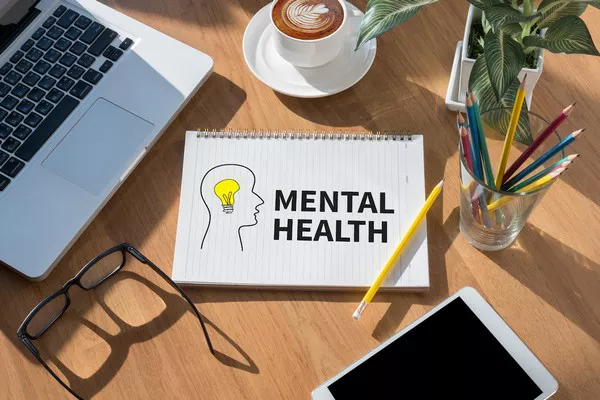In the wake of the COVID-19 pandemic, a concerning trend has emerged: a significant rise in mental health challenges among young adults in the United States. Reports from various sources highlight the alarming prevalence of depression, anxiety, and other mental health disorders among this demographic, shedding light on the multifaceted factors contributing to their distress.
Trends and Findings
The latest World Happiness Report, published annually by the Wellbeing Research Centre at the University of Oxford, underscores a notable decline in happiness among individuals under 30 in recent years, particularly in the US. This decline is indicative of a broader trend wherein young people are grappling with increased levels of mental distress, as evidenced by numerous studies and surveys.
Reports from organizations such as Mental Health America (MHA) and the US Census Bureau reveal staggering statistics, including heightened levels of anxiety, depression, and emotional abuse among young adults during the pandemic. Surveys conducted by Pew Research and Wiley further corroborate these findings, with a significant portion of respondents reporting high levels of psychological distress and mental health challenges.
Prevalent Mental Health Disorders
Depression, anxiety disorders, eating disorders, attention deficit hyperactivity disorder (ADHD), and substance abuse are among the most common mental health disorders afflicting young Americans. Depression, in particular, emerges as a prevalent condition, with studies indicating higher rates of diagnosis among individuals aged 18 to 29 compared to older demographics.
Root Causes of Mental Distress
Several factors contribute to the surge in mental distress among young Americans, reflecting the complex interplay of social, economic, and environmental influences:
Financial Pressures: The soaring costs of university fees and living expenses weigh heavily on the minds of young adults, exacerbating stress and anxiety. Studies indicate a strong correlation between financial worries and adverse impacts on mental health, underscoring the need for greater financial support and resources for young individuals.
Loneliness and Social Isolation: Feelings of isolation and loneliness, exacerbated by factors such as social media use and limited social interactions, contribute significantly to mental distress among young adults. The subjective sense of not belonging or lacking meaningful connections can have profound effects on mental well-being, as highlighted by experts and research findings.
Addressing the Challenge
Addressing the mental health crisis among young Americans requires a comprehensive approach that encompasses preventive measures, access to mental health resources, and efforts to mitigate underlying stressors. Investment in mental health education, community support programs, and accessible treatment options is essential to ensure the well-being of young individuals and promote resilience in the face of adversity.
As policymakers, healthcare professionals, and communities work collaboratively to address the root causes of mental distress and provide support to those in need, there is hope for a brighter future where young Americans can thrive and flourish, mentally and emotionally.


